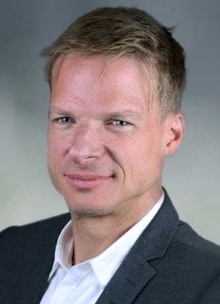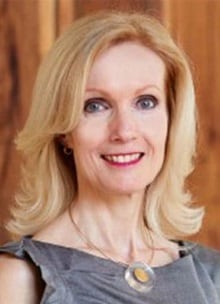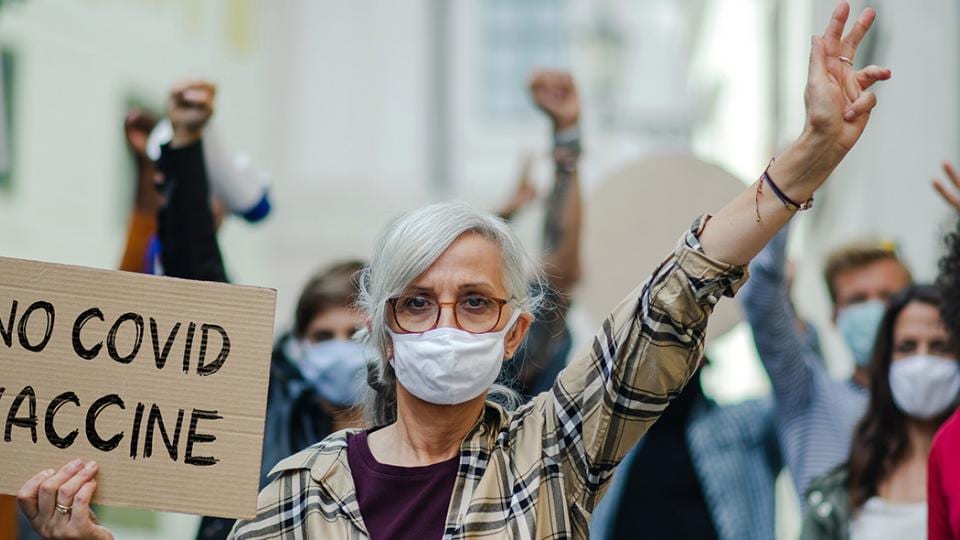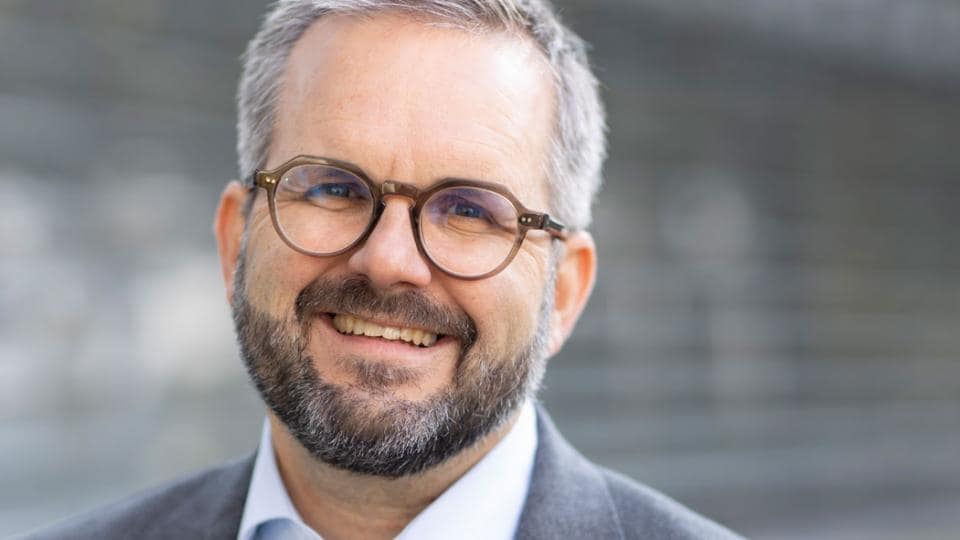“Companies that take sustainability seriously are reinventing themselves”

Together, Sabine Miltner and Christian Klein chair the Sustainability Council at Bayer. Founded last year, this committee advises the Board of Management and other executive staff on the implementation of the company’s sustainability strategy. The council has now submitted its first annual report. We spoke to the joint chairs about their experiences during the first year.
Ms. Miltner, Mr. Klein, what was the biggest surprise for you during the first year? And what was the biggest challenge?
Christian Klein: The first year went surprisingly well. It was great to see Bayer was serious about its ambitious sustainability targets and had the Board of Management’s backing. When I was asked to join the Sustainability Council, my initial response was: “I’m not getting involved. It’s greenwashing.” But Matthias Berninger and the Board of Management successfully convinced me that they were serious about the matter. I really respect the fact that they wanted me specifically because I was so critical about the idea.
Sabine Miltner: I also think we’re making great progress and the collaboration with and in the council is going swimmingly. When you first join a committee like this, you always have the problem that you don’t know the company all that well yet. It’s difficult to judge the proposed initiatives in their overall context. What is the company really doing? And how do the things discussed fit into that? We were given tons of information, but it takes time to absorb everything so you can make sense of it all and provide sound advice.
Mr. Klein, you referred to the matter being taken seriously. Ms. Miltner, what’s your opinion on that?
Sabine Miltner: During the preparatory talks, I got the impression that Bayer is genuinely taking sustainability seriously. Simply adopting a sustainability strategy isn’t enough to undo the damage to the company’s reputation, though. I think it’s extremely important to integrate the new business units and grow together internally, while also making it very clear to those outside (and inside) the company how it is changing. That’s the only way you can win back trust.
Christian Klein: The key word here is transparency. I think Bayer is on the right track in that respect.
What role do you think the sustainability strategy plays in the company as a whole?
Christian Klein: That’s an important point that our advisory committee frequently discusses. At the end of the day, sustainability is not about a specific product or project. It has to be a concept that permeates the entire company. If Bayer takes sustainability seriously, the company will change. It will also attract other employees who join the company because they see Bayer as a sustainable enterprise.
Sabine Miltner: It depends on what it means to integrate sustainability into the corporate strategy. To determine that, you need to answer certain questions. What synergies does sustainability generate for the divisions? And how should the research budget be used to bring about synergies and position the company in growth markets? Ultimately, sustainability needs to play a major role in all areas. Firms that do that more or less reinvent themselves and manage to move away from old products. If they want to be sustainable, companies have to stop doing what consumers consider to be unsustainable. This poses a huge challenge, including for the management team. After all, investors have to see that the company is heading in a direction that offers great potential.
Speaking of new markets, Bayer’s sustainability targets are also seeing the company focus more on low- and middle-income countries. In your view, what significance does that have for sustainability and business at Bayer?
Christian Klein: Bayer truly wants to achieve something in these countries – both for the local populations and for its own business operations. This is a step forward. If the company manages to communicate that to investors, I believe there’s a huge opportunity here. There are investors who are prepared to specifically invest in such activities. They’re just not thinking about Bayer yet. They tend to look at small start-ups instead. The fact that a corporation as large as Bayer is doing something like this has an entirely different potential, however.
Sabine Miltner: Problems linked with health care and food security in these countries are glaringly obvious. In the medium to long term, putting “Health for all, Hunger for none” into action here offers huge potential – both for people and for the business, as has already been said.
How realistic is it that Bayer will achieve its targets by 2030?
Christian Klein: First of all, I was impressed by how Bayer set out its targets and how the company wants to measure its impact. These targets are clear, measurable and communicated in a transparent manner. That’s an excellent starting point.
Sabine Miltner: When you have medium-term objectives of this kind, the pace of progress is always key. You should certainly avoid putting off taking action. The earlier you make major progress and hone your focus, the better. In general, I think the world is still moving far too slowly in responding to all these issues. Companies like Bayer and others need to reflect on how they can work together to speed things up further. We need to engage in dialog far more often, including with “opponents” – because that’s when you learn the most.
What is your goal for the Sustainability Council?
Christian Klein: I hope that, in a few years’ time, Bayer will be featured in every impact fund and the council will have helped achieve this.
Sabine Miltner: I would be delighted if Bayer’s council is seen as something that makes a genuine difference. I don’t believe our role is to set goals for Bayer, but rather to act as advisors or guides.

Christian Klein is Professor of Sustainable Finance at the University of Kassel. His research focuses on sustainable and responsible investment, corporate social responsibility and risk management. His other research fields include sustainable controlling and the impact of capital market requirements.

Sabine Miltner has comprehensive expertise in the areas of sustainability strategy and sustainable financial solutions. At the Gordon and Betty Moore Foundation, she works on decoupling food production from ecosystem degradation by aligning market incentives with conservation outcomes. Miltner has held various high-ranking positions in both the private and nonprofit sectors. She was also the Group Sustainability Officer of Deutsche Bank AG.




















